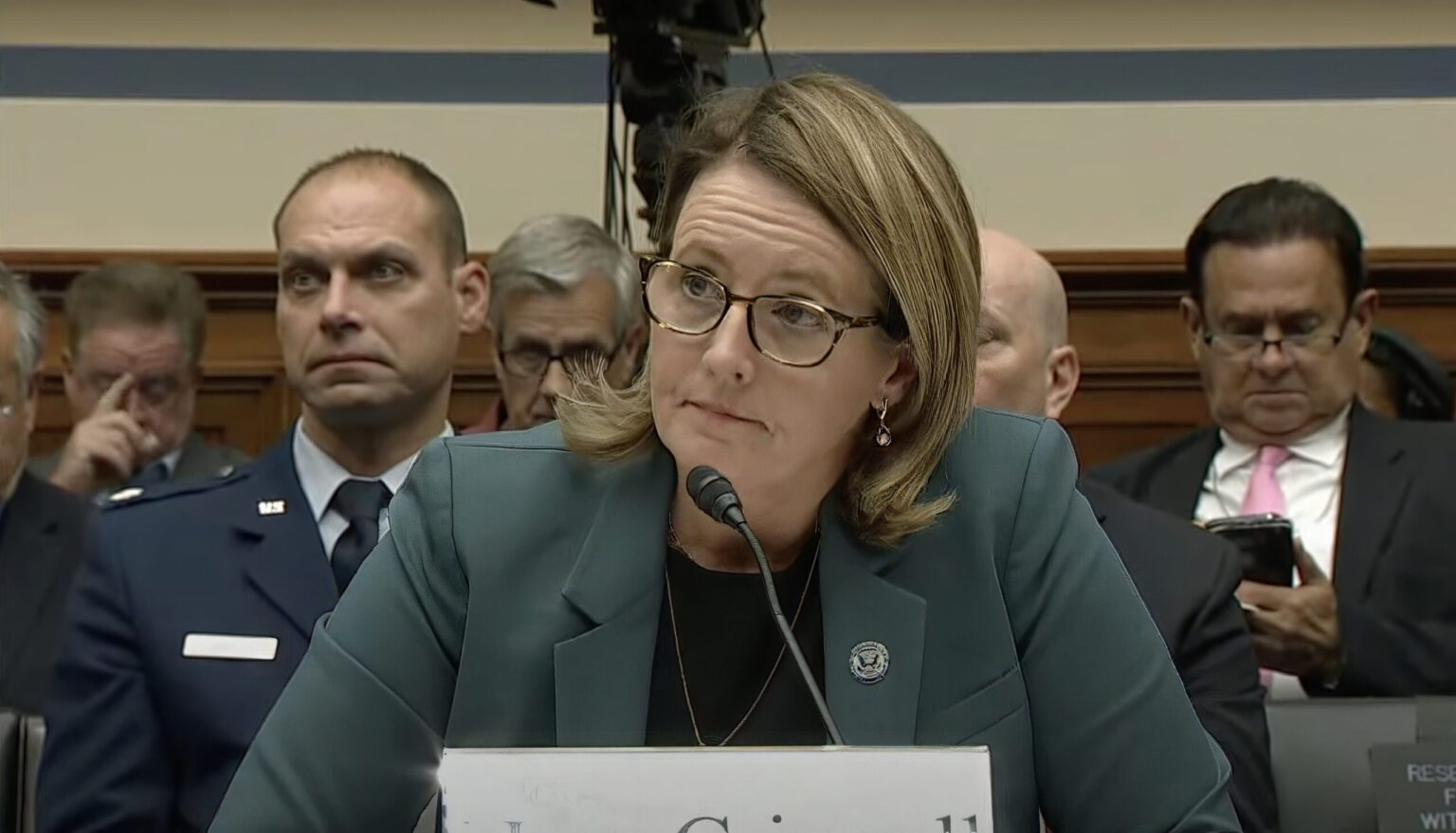In a recent congressional hearing, Federal Emergency Management Agency (FEMA) Administrator Deanne Criswell addressed serious allegations that FEMA employees intentionally bypassed homes displaying Trump signs during disaster relief efforts following Hurricane Milton. Criswell confronted claims of systemic bias within the agency, asserting that the behavior stemmed from the actions of a single “rogue employee,” identified as Marn’i Washington, who had since been terminated. Washington allegedly instructed her staff to deliberately overlook homes with Trump flags, raising concerns about the impartiality of FEMA’s disaster response.
The situation escalated when whistleblowers provided text messages indicating that Washington had guided her team to treat homes featuring Trump memorabilia differently from others in need of assistance in Florida. According to reports, her communications called it a “best practice” for relief workers to avoid houses advertising Trump, thus ensuring that those who openly displayed political support for the former president received less help. The implications of these directives were significant, particularly as they suggested a willful discrimination against certain citizens based on their political affiliations.
In light of these allegations, the internal messages presented to The Daily Wire revealed a troubling reality within FEMA’s disaster response protocols. Employees documented their actions in the system, citing the directive to bypass residences with Trump signs, entering notes about having made no contact with those residents due to the stated orders. The specificity of the reasoning drew harsh scrutiny, as it pointed not just to individual wrongdoing but also to a broader culture within the agency that might have permitted such discrimination.
Under questioning from Congress, Criswell confirmed that indeed, at least 20 homes with Trump signs were skipped over in the aftermath of the hurricane, despite their occupants being eligible for federal aid. The revelations ignited outrage from various political figures, highlighting the potential legal and ethical violations committed by the employees involved. Rep. Paulina Luna’s inquiries focused on accountability, pressing for repercussions given the distress experienced by homeowners needing help yet receiving none due to their political beliefs.
This incident raised broader questions about FEMA’s operational integrity and the potential for politicization in disaster recovery efforts. It underscored the crucial necessity for agencies like FEMA to clearly maintain nonpartisan stances in their missions to ensure that all Americans can access emergency aid regardless of their political affiliations. The fallout also called attention to the rigorous need for oversight and adherence to fair practices following natural disasters, emphasizing that assistance should be driven by humanitarian needs, not political symbols seen on lawns.
Consequently, the controversy surrounding Marn’i Washington’s actions and FEMA’s subsequent admissions may lead to calls for reform within the agency. Stakeholders may push for enhanced training regarding non-discriminatory practices and a stronger protocol that would prevent similar incidents from occurring in the future. As FEMA continues to navigate its responsibilities in disaster support, this evaluation of biases underscores the importance of upholding a commitment to equitable aid distribution, thus restoring confidence in its mission to serve all citizens uniformly, irrespective of their political views.

